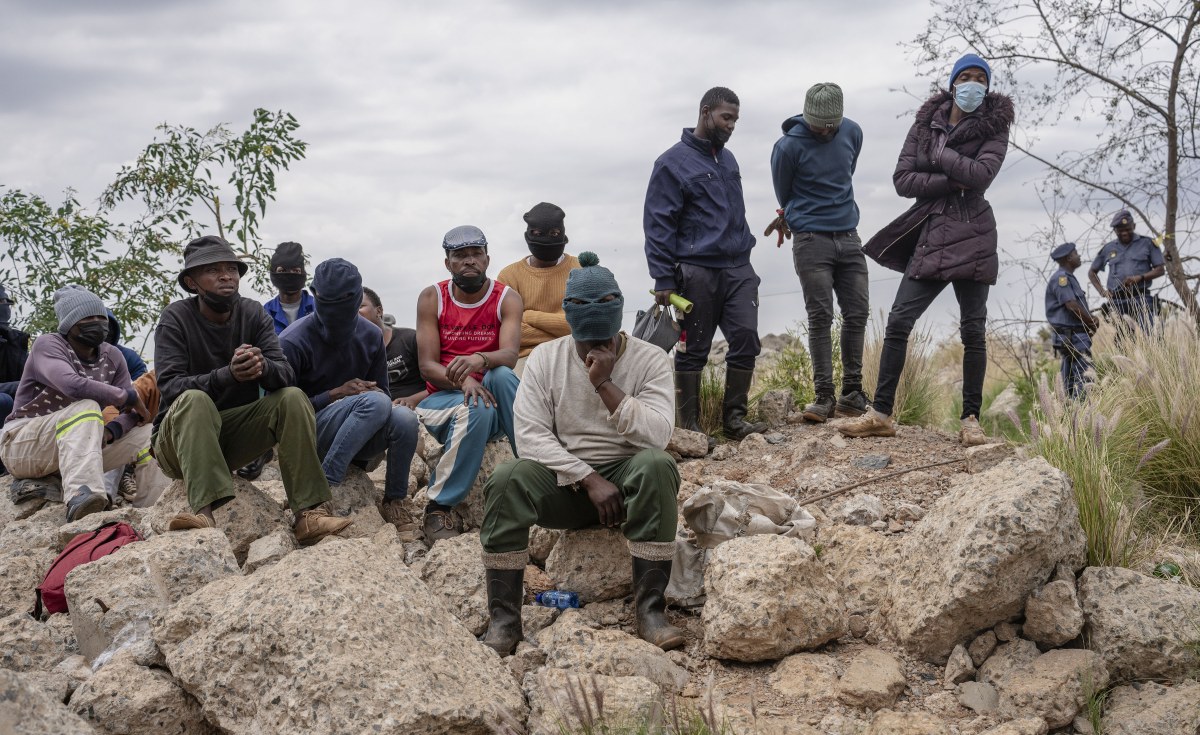Harrisburg — U.S. Ambassador to Liberia, Mark Toner, has reaffirmed the United States’ commitment to Liberia’s energy sector during a recent tour of the Mount Coffee Hydropower Plant. After a two-hour visit to the facility, Ambassador Toner expressed his satisfaction with the progress made, highlighting that the plant’s success could attract significant foreign direct investment to Liberia.
Ambassador Toner, a seasoned U.S. Foreign Service officer and former spokesperson for the U.S. Department of State, assumed his role as U.S. Ambassador to Liberia in August 2024. Since then, he has engaged with key government figures, including President Joseph Boakai and Speaker Fonati Koffa, as well as other institutions, to gain insight into the country’s governance and development activities.
Accompanied by USAID Director Jim Wright and Sara Horner, Chief of the Political and Economic Section at the U.S. Embassy, Ambassador Toner was hosted by Monie Captan, Chief Executive Officer of the Liberia Electricity Corporation (LEC). The tour included visits to key areas of the Mount Coffee Hydropower Plant, including the intake, Substation Control Room, Spillway, and the Centralized Control Center, where the plant’s four turbines are located.
Following the tour, Ambassador Toner commended the plant’s operations and noted its potential to attract more foreign investors. “Nothing attracts investment like success. What they’ve built here is a successful operation, and that is going to attract other investments,” Toner said.
Ambassador Toner added: “Liberia needs to move; the US is here as a strong partner to Liberia. We have been here for many, many years. My hope is to see in the coming years -as we will move from a relationship based on assistance to a strategic partnership where private investment is coming into this country and supporting companies like the LEC to achieve their next stage of development.”
He praised the progress made at Mount Coffee since Liberia’s civil war ended in 2003, calling it a testament to the resilience and capability of Liberians in managing their own affairs. “I was so impressed by Monie Captan’s vision and what he has built here. It’s indicative of how Liberians can run their own affairs,” he added.
The Ambassador reiterated his focus on short- and medium-term goals for Liberia’s energy sector and expressed his commitment to working with international partners, such as the World Bank, to further support development at Mount Coffee.
The U.S. government has been a key supporter of Liberia’s energy sector, particularly through the Millennium Challenge Corporation (MCC). In November 2015, the MCC and the Government of Liberia signed a $257 million partnership agreement, which included funding for the rehabilitation of the Mount Coffee Hydropower Plant, the development of a training center for electricity sector technicians, and the creation of an independent energy regulator.
Despite the significant U.S. contributions to the sector, LEC CEO Monie Captan appealed for additional U.S. support, including from the private sector, to further enhance Liberia’s energy infrastructure. “The energy sector must be sustainable, and sustainability isn’t built through grants. We need businesses and independent power producers to come in,” Captan stated.
Captan revealed when the LEC was developing the MCC compact and reconstructing the plant, several General Electric companies had shown interest in investing in Liberia. However, at that time, the necessary infrastructure for power distribution was not in place.
“Now that we’ve built this infrastructure, the investment case is much stronger. We hope that with further support from U.S. institutions, we can provide the necessary assurance for investors to come to Liberia,” Captan added.











